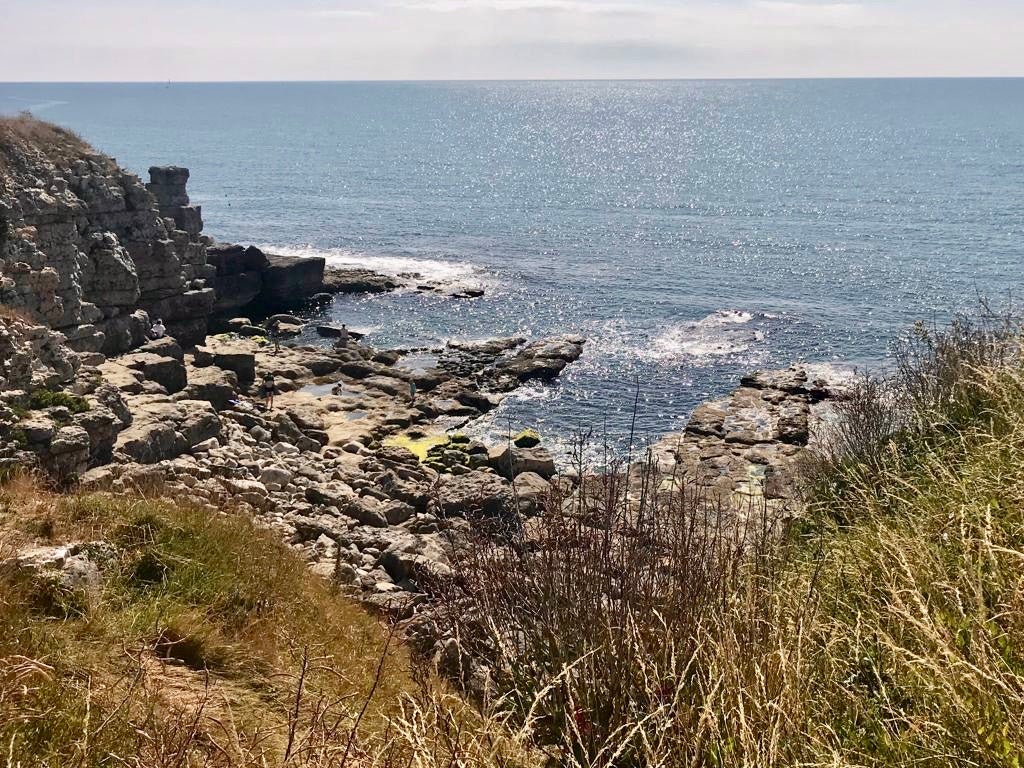National Trust acquires 7km stretch of Dorset coastline
The charity plans to restore the 350-acre former farm in South Purbeck to boost wildlife.

The National Trust plans to turn a seven-kilometre (4.4 mile) stretch of the Jurassic Coast into a wildlife haven after acquiring a 350-acre farm.
The trust now controls Weston Farm on St Aldhelm’s Head in South Purbeck, which is home to a variety of rare wildlife including many different species of bat.
It is hoped the site will become a network of grasslands, wildflower meadows, scrub and wildlife through a combination of both natural recovery and regenerative agriculture, the charity said.
The site had been farmed by the same family for three generations, but has now been bought by the National Trust after the current owner decided to retire.
Along the coastal edge of the site there are caves and abandoned quarries that host 15 native bat species, including the rare serotine and barbastelle bats.
They provide key mating sites and are also used for winter hibernation by some species, the trust said.
The trust described the caves as “speed dating” site for bats, with thousands flocking there from up to 60km away on autumn nights to mate on the wing.
The restored meadows will be sown with cowslip and knapweeds, which in turn support rare butterflies such as the Lulworth skipper and Adonis blue, as well as creating nesting sites for endangered skylarks.
Hedgerows, scrub and small woodlands should provide a boost to small mammals and birds.
Tracey Churcher, National Trust general manager for Purbeck, said: “Nature recovery is at the heart of what we do, but so is connecting people with nature and the outdoors.
“The South West Coastal Path runs along the edge of the farm and we’ll be able to move the current field fences much further back, giving walkers room to spread out, savour the remarkable coastal views and take in the nature-rich landscape.”
The coastal stretch of the site also features ancient, terraced fields known as “strip lynchets” – believed to date as far back as the Iron Age in some cases – which were used to maximise land for agriculture.
David Brown, National Trust ecologist for Purbeck, said: “We aim to create a landscape that is richer in nature, so there’ll be no chemical inputs or regular ploughing on any of the land and life will be restored to the soil using natural regenerative farming methods.
“As the land is given time to rest and recover, the ground will store more carbon, and streams flowing off the land will be cleaner and healthier.”
Bookmark popover
Removed from bookmarks